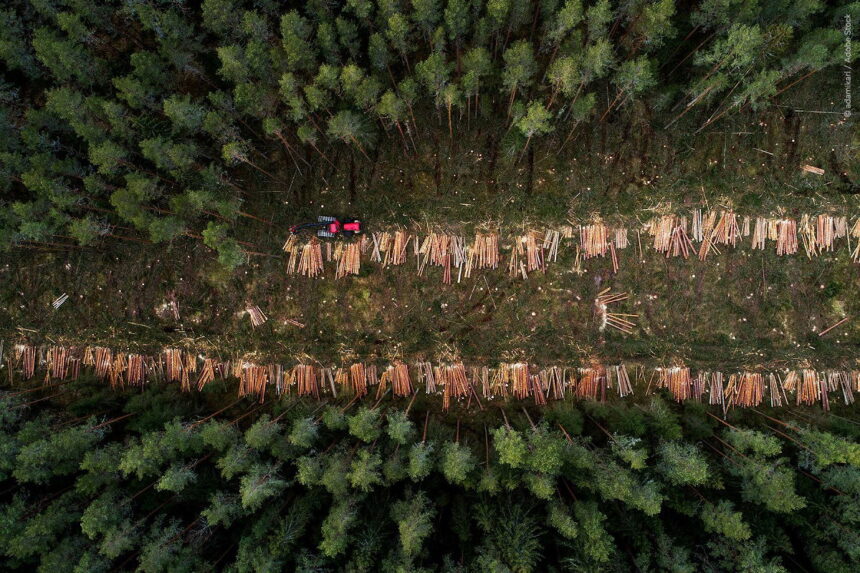EU gives deforestation law the chop: Companies get extra year to leave compliance issues behind.
Credit: European Parliament
In a move that’s got green campaigners in Germany seeing red, the EU has decided to give German companies an extra year before they must comply with its tough new deforestation laws. The regulations, designed to ensure products sold in Europe aren’t sourced from freshly felled forests, have been delayed after businesses claimed they needed more time to ‘tweak’ the new rules.
Deadline for businesses pushed back.
Concerns sprouted from EU member states, foreign countries, traders, and operators that they couldn’t fully comply by the original deadline of December 2024. Bowing to pressure, the Commission proposed a one-year postponement. In October 2024, the European Parliament agreed to fast-track the proposal, and yesterday they voted to approve the delay with 371 votes in favour, 240 against, and 30 abstentions.
Now, large operators and traders have until 30 December 2025 to get their houses in order, while micro and small enterprises have been given a reprieve until June 30, 2026. The extra time is meant to help companies worldwide implement the rules smoothly from the get-go without chopping down the law’s objectives.
New leaf turned over with ‘no risk’ countries.
But that’s not all that’s new in the woods. The Parliament also adopted amendments introducing a fresh category of countries posing ‘no risk’ of deforestation, adding to the existing ‘low’, ‘standard’, and ‘high’ risk groups. Countries dubbed ‘no risk’ – those with stable or increasing forest areas – will face significantly less stringent requirements, as the danger of deforestation is negligible or non-existent. The Commission must finalise a country benchmarking system by June 30, 2025.
Next steps: Barking up the right tree.
The Parliament has referred the file back to the committee for interinstitutional negotiations. For these changes to take root, the agreed text must be endorsed by both the Council and Parliament and then published in the EU Official Journal. Only then will the new timelines and categories be set in stone – or should we say, carved into the bark?
Forests falling at an alarming rate.
According to the UN Food and Agriculture Organisation, a staggering 420 million hectares of forest – an area larger than the entire EU – were lost to deforestation between 1990 and 2020. EU consumption is responsible for about 10% of global deforestation, with palm oil and soya accounting for more than two-thirds of this figure.
The deforestation regulation, adopted by the Parliament on April 19, 2023, aims to combat climate change and biodiversity loss by preventing deforestation linked to EU consumption of products like cattle, cocoa, coffee, palm oil, soya, wood, rubber, charcoal, and printed paper. Although it sprouted into force on June 29, 2023, its provisions were initially set to be applied by companies from December 30, 2024.
Now, with enforcement delayed, critics worry the extension may sap the momentum in the fight against deforestation. Supporters, however, argue it gives businesses the necessary time to adjust without uprooting their operations.
Will the delay stem the tide or just stump progress?
As the EU grapples with balancing environmental urgency and economic reality, only time will tell if this delay will help or hinder the battle against deforestation. One thing’s for sure: the world is watching.
Get more news from around Europe.
Find more Spanish news stories in English.










